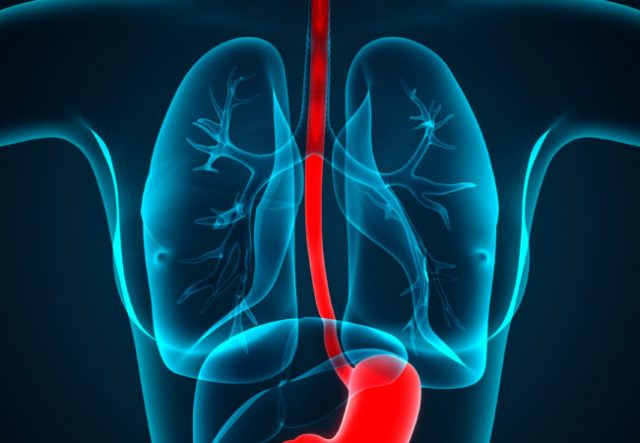Esophageal Cancer kills about 13,000 people yearly, mostly men. It is one of the top 10 causes of cancer deaths in America.
According to a study conducted at NYU Langone Health’s Perlmutter Cancer Center, bacteria in your mouth may either increase or lessen your chances of developing esophageal cancer.
Based on two studies involving around 120,000 patients, the researchers found that Tannerella forsythia, a bacteria that is usually associated with gum disease, amplified the possibility of developing esophageal cancer by 21%.
Streptococcus and Neisseria are two kinds of bacteria that contributed to around 24% decline in esophageal cancer risk. Neisseria is responsible for decomposing the toxins found in tobacco smoke. Unfortunately, smokers have lower amounts of these bacteria in their mouths than nonsmokers, putting them at a great risk.
According to the researchers, the mouth’s overall bacterial character contributes to the risk of acquiring esophageal adenocarcinoma or squamous cell carcinoma. This is heavily affected by cigarette smoking, diet, gastric reflux, alcohol consumption and gum disease. Although, a recent study that analyzed healthy patients for 10 years, was the first to recognize which among 300 types of bacteria in the mouth are proven to be associated with the risk of contracting either of the two most common types of the cancer.
As mentioned by Jiyoung Ahn, Ph.D., study senior investigator and epidemiologist, since they now know that some cases are directly linked to the existence of a specific bacteria, it brought them closer to recognizing the core causes of these cancers.
He also noted that they now have more proof that the absence of some bacteria in the mouth can lead to these cancers, or to stomach diseases that cause them.
The participants in the study were declared healthy and cancer-free when they joined either study, were around 50 to 75 years old, and contained the said bacteria to be sampled, in their mouths. 106 participants developed esophageal cancer. The bacteria sampled from their mouths were matched to those from a different study of similar sex, age and race and remained cancer-free.
According to Dr. Ahn, the results of the study could be helpful to doctors in assessing the risks and detecting of esophageal cancers in its early stages.
Following this, researchers plan on studying probiotic pill supplements and find out if they could be used in changing the oral microbiome to decrease cancer risk.
Based on a study from the University of Louisville School of Dentistry, they have discovered a bacteria called Porphyromonas gingivalis that showed a connection to esophageal cancer. It was found in 61% of patients with esophageal squamous cell carcinoma or ESCC, a type of cancer. These particular bacteria were not found in healthy esophageal tissue.




























